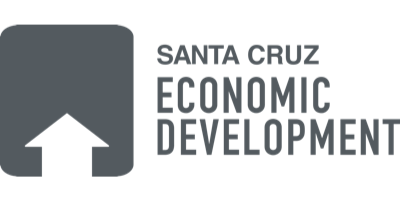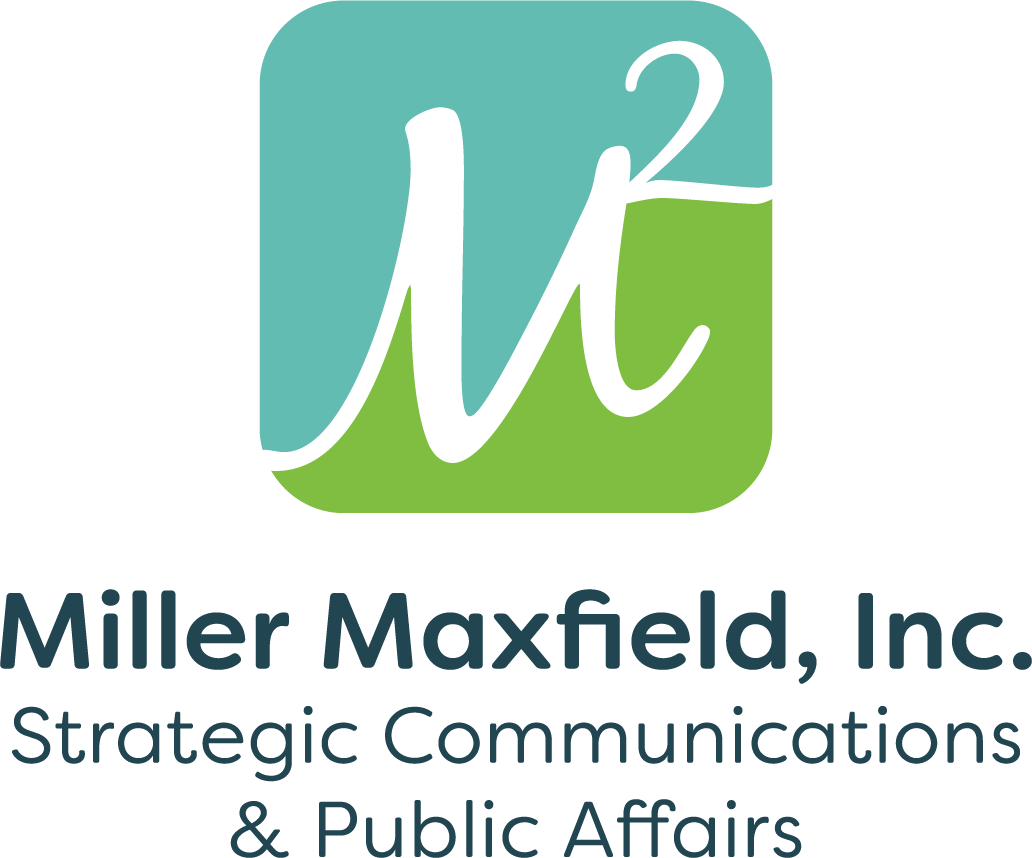“Right now, people feel like their business is controlling them,” says Larry Hebert, who worked in Reebok’s national sales department, also owned a small chain of athletic apparel shops in Northern California, and is now an Advisor for the Small Business Development Center (SBDC) in Santa Cruz County. Specializing in retail, finance, management, and operations, Hebert has worked with and advised hundreds of small businesses in the area and reiterates, “Most people don’t manage their business; their business manages them. But it’s all fixable!”
With the pandemic limiting everyone’s resources, businesses need to be careful with how they’re pivoting. Hebert and his fellow advisors work day in and day out advising local small businesses, getting to see what’s working and what isn’t.
One of the two most common mistakes that Hebert’s colleague Keith Holtaway (2016 NEXTies Mentor of the Year) sees as a business strategist for the SBDC is that small business owners focus on their solution, which contracts creativity, rather than focusing on the problem, which opens the mind to possibilities and encourages flexibility. Both Hebert and Holtaway emphasize another common, fatal mistake: most people don’t keep accurate financial statements or understand them. Financial statements tell you a story about your business with numbers instead of words; they provide you the opportunity to recognize issues, the ability to proactively make changes and find solutions before they occur. If you don’t have the expertise, consider hiring a bookkeeper. If it’s hard to grow your business just from the cash you’re generating — have a strong banking relationship, and if possible, a line of credit.
Critical strategy and finance questions to ask yourself
- Do you have your controllable costs down to the percentage of sales, so you know if you’re consistent?
- If you’re a product-based business, do you use an Open-to-Buy inventory purchasing system to manage purchases and ensure you are aligning inventory categories with sales categories to maximize the investment?
- Are you getting an accurate profit and loss and balance sheet every month and making decisions based on that information?
- Do you have both a long-term and an intermediary 90-day sales planning canvas that will help you identify markets, pivot, and determine if a strategy will be profitable?
The small business development center has helped numerous businesses grow and succeed during the past year. As a direct result of the SBDC’s services, Santa Cruz County Businesses reported in 2020:
3,735 jobs supported (created and retained)
37 businesses created
$10.3 million increase in sales
$7 million in loans and equity
Being prepared begins with examining your business strategy and financials, and if you have employees, HR is another area not to let slip. Wrongful termination suits can cost upwards of $300K. “If I were starting a business and I didn’t know about HR, the smart thing would be to sit down with an HR advisor at the SBDC or sit down with a labor law attorney,” Joy Hallof suggested. Hallof has been in HR for 40 plus years working with startups and big corporations, and has been an advisor with the SBDC for 18 years. Furthermore, she recommends The HR Quick Guide for CA Employers as the cheapest and most detailed resource of information that should be on everyone’s desk. Also, be in touch with your local EDD office that offers trainings on labor laws.
2020 saw a considerable improvement of small businesses keeping their hours updated on Google listing, Yelp, Nextdoor, and other social sites. Small business advocate and marketing advisor Bryce Root suggests going the extra mile and providing experiential details, such as a walkthrough video that will take out the guesswork and help customers know what to expect. Additionally, storytelling or brand work can differentiate yourself and share why you are worth shopping with rather than the ease of shopping on Amazon.
When you’re living history, it’s hard to prepare for a future you cannot see. You can hope for the best and react as situations arise, or you can increase your chances of thriving by putting proactive plans into place. If you don’t want to pay a business consultant, the SBDC, thanks to tax dollars and community investment, offers highly skilled and dedicated bilingual advisors from every area of business to assist small businesses for free. The advisors live and breathe in the trends of retail, restaurants, consultants, and services, and beyond. They can be a Godsend to someone tackling their weak points, sparing them the need to reinvent the wheel. Getting objective support can mean the difference between success or failure.

















